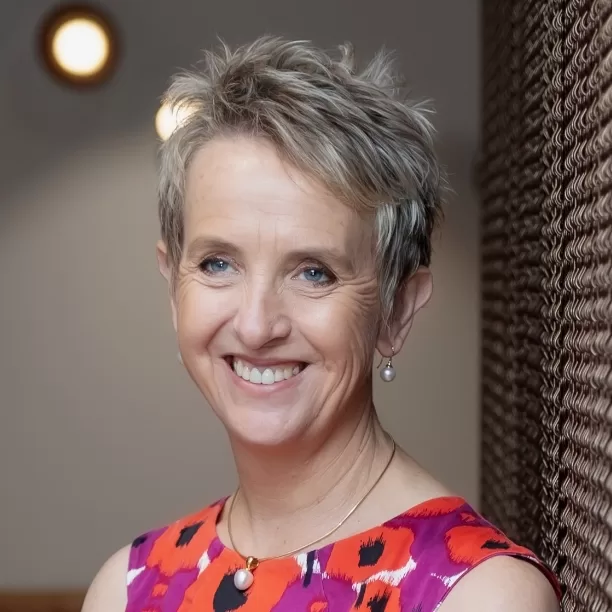What’s a “Good” CFO supposed to look like?
As a relatively new or emerging CFO, no one necessarily tells you what you should be doing differently from your previous role as a Finance Manager or Financial Controller, do they?
Here I share my Top 10 Tips for transitioning from the beancounter to the valued partner in your business.
What is a “good” CFO supposed to do?
- Do you have a sense you might not be meeting expectation?
- Feel like you are doing two jobs?
- Struggling to keep your head above water?
- Is that imposter syndrome creeping in?
From my own experience of following a fairly traditional route to CFO, and having worked with several other senior financial professionals navigating their career progression, I share my top 10 reflections:
- Gain clarity on what the Owner, CEO and/or Board expect of you as the CFO.
- Shift from thinking like an accountant to thinking like a leader. Try to anticipate the questions the CEO or a Director need answering to assist in their decision making.
- Try to see the bigger picture and understand the strategic context. Get your head out of the details.
- Recognise that leaders within the organisation want clear, concise and relevant information presented in an easily understood format. Less is often best.
- Let go of your old role as Finance Manager and embrace your new CFO role. Trying to do both is a sure way to burn yourself out.
- The sooner you can curb your control freak tendencies, trust your team and delegate to them, the better for you and for them.
- Position yourself as a valued partner in the business through understanding the needs of the business. Do not assume you know what information they need. Ask them.
- Spend as little time in your office as possible. Build relationships and understand the issues and perspectives from across the organisation.
- Do not hang out with accountants all the time. What do they say, we all a reflection of those that we hang out with the most!!
- And smile!
I am a Chartered Accountant, 10 years as an Auditor within professional practice, making the transition to commerce where I progressed from Finance Manager to CFO within a large private business. Combined with 10 years experience as a Non-Executive Director and Chair of the Finance Committee for several not-for-profit Boards. This all means that I understand what the Owners, CEO and Board need from their CFO, and with my skills as a certified Coach I coach emerging CFOs to meet those needs.










